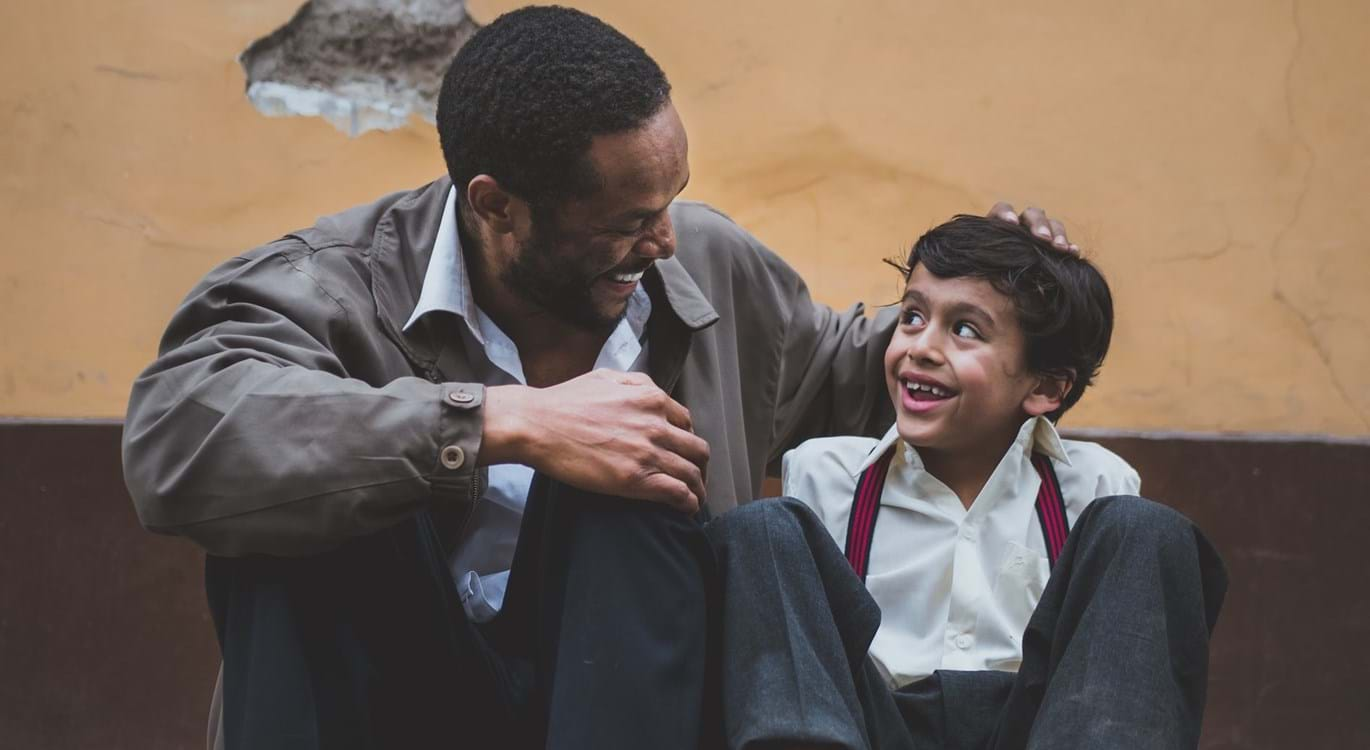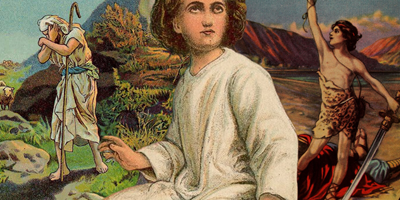The opening verse says:
My child arrived just the other day
He came to the world in the usual way
But there were planes to catch and bills to pay
He learned to walk while I was away
And he was talkin' 'fore I knew it, and as he grew
He'd say "I'm gonna be like you dad
You know I'm gonna be like you"
The premise of the song is very simple: the father believes when it comes to spending time with his son, he will get around to it when things are less busy. Each verse ends with the hopeful refrain of a little boy who wants to grow up to be just like his father. As is often the case in these situations, the roles are eventually reversed; a neglected son becomes a neglectful son. By the end of the song we hear the desperately sad realisation of the father as he ends a phone call with his son:
And as I hung up the phone it occurred to me
He'd grown up just like me
My boy was just like me
I had never heard the song before but it reminded me of a lesson that we find in the Bible. It’s in the Book of Proverbs, most of which was written by the wise King Solomon. The verse I am thinking of says this:
“Train up a child in the way he should go, and when he is old he will not depart from it” (Proverbs 22:6).
I have often heard it said that these proverbs are principles, not promises. They are not guaranteed methods for success, but rather are observations of what is often the case. As a father, there is no guarantee that my son will emulate my successes, nor will he necessarily fall into the same failings as me. What the verse of Scripture does teach us, though, is something critical if I am to be the kind of parent that God wants me to be: my child will be moulded by someone, or something, and God intends that someone to be me. I can either choose to mould them by being neglectful or I can choose to mould them by emulating the greatest Father that anyone could emulate, God Himself. If I choose to neglect my children by focussing on other endeavours, even legitimate things, to the detriment of our relationship, then there is no doubt that the relationship will suffer. If, however, I am an attentive father, with my time, by my prayers, with my presence at important events, and by my spiritual input, the outcome is likely to be quite different. No one can guarantee their child’s salvation, nor can we ensure that those who do trust in Christ to save them will go on to be men or women of God. But we can, and do, influence their lives both positively and negatively.
I wonder, as fathers looking back, what kind of a person we see, or, as fathers looking forward, what kind of a person we imagine we will be seeing when we say:
He'd grown up just like me
My boy was just like me





























